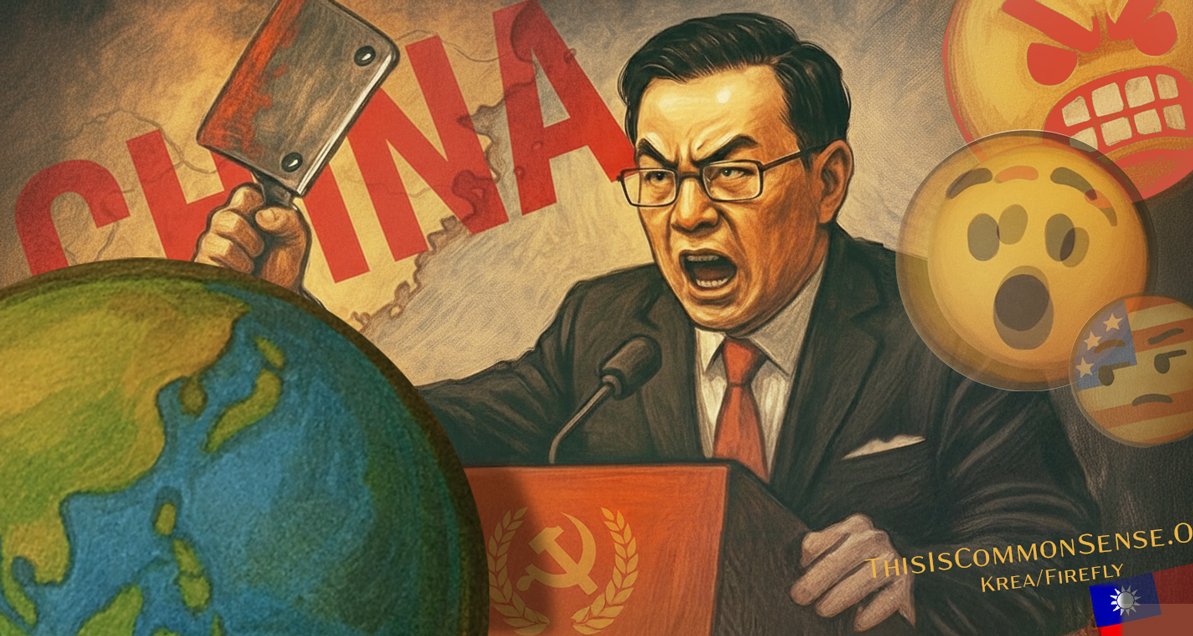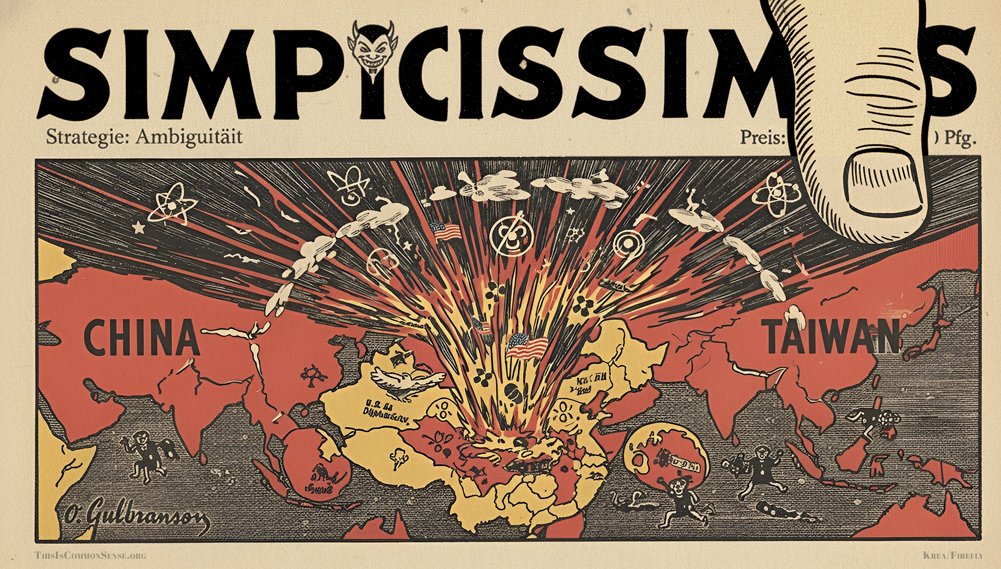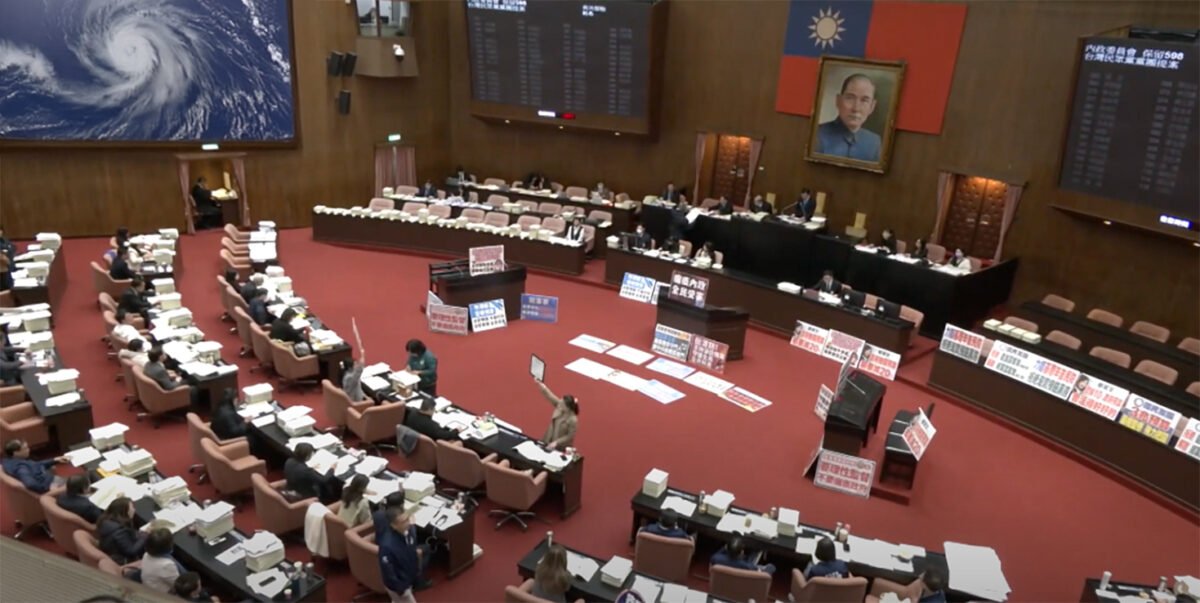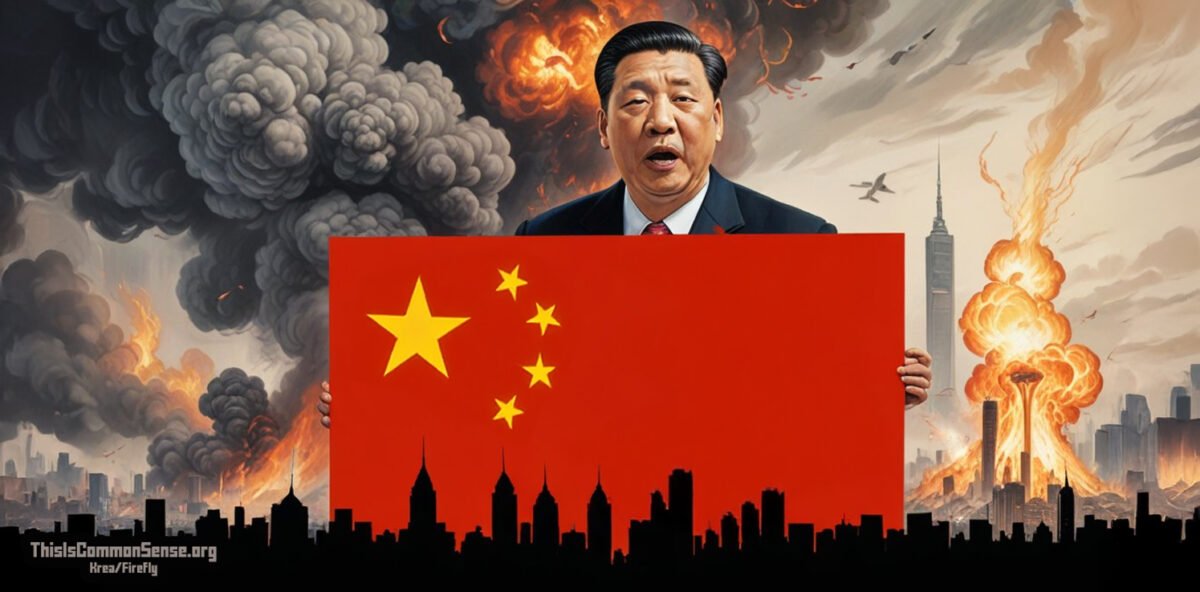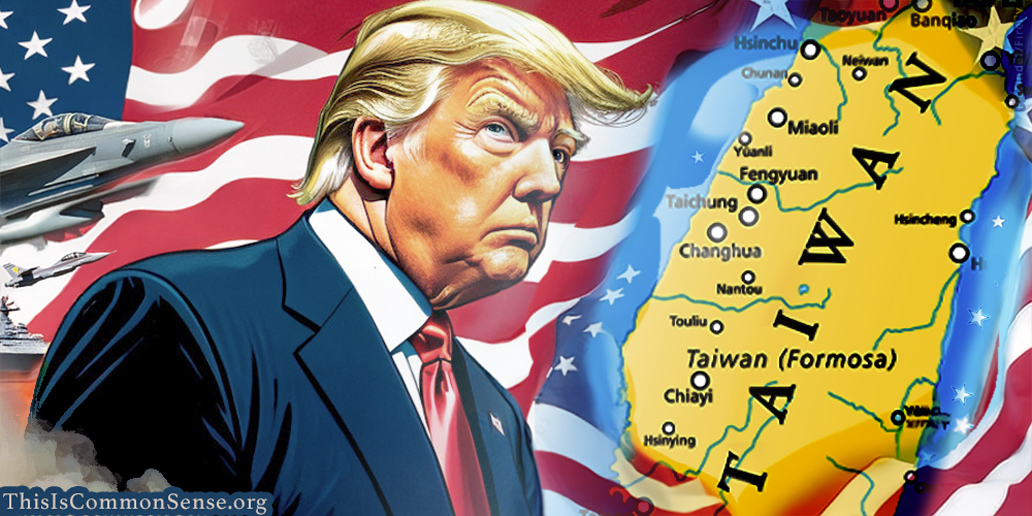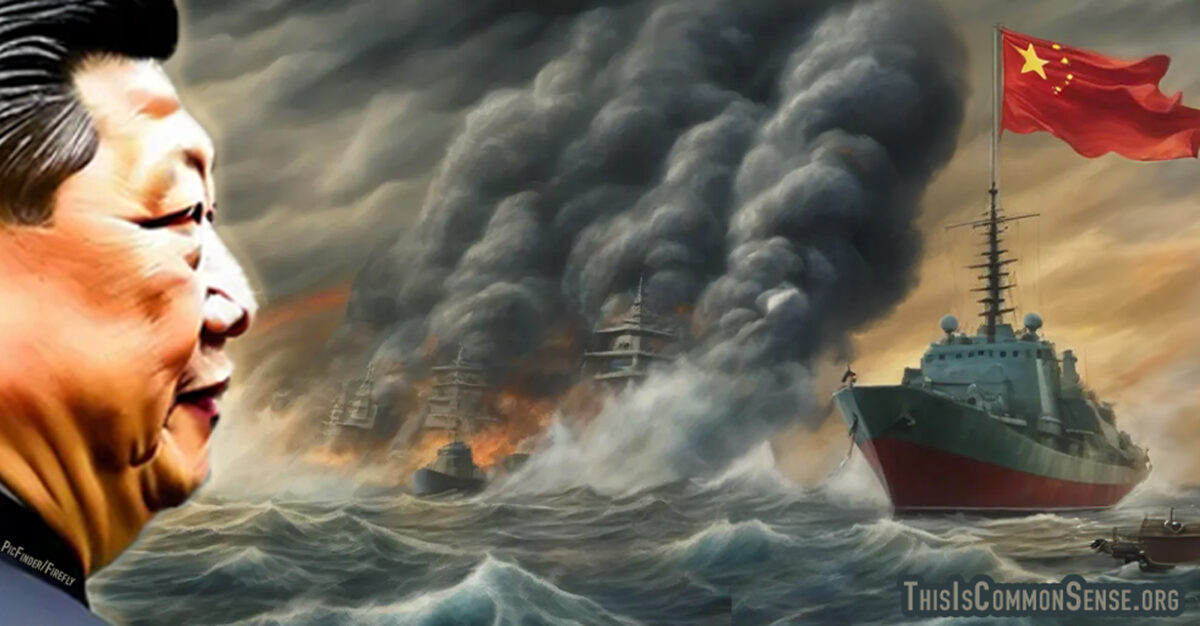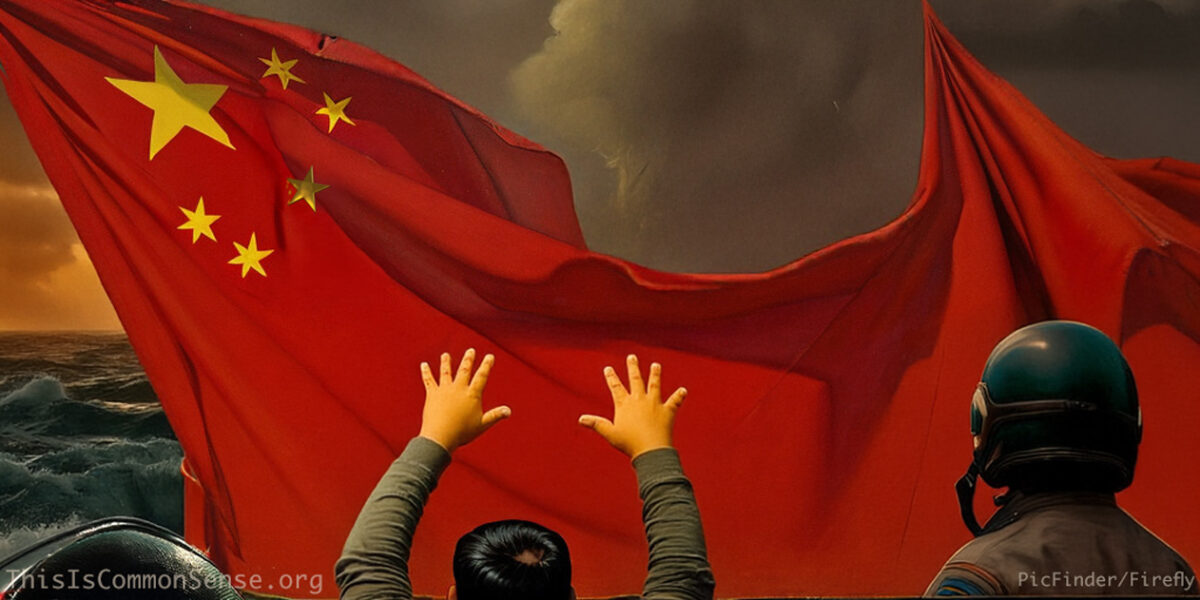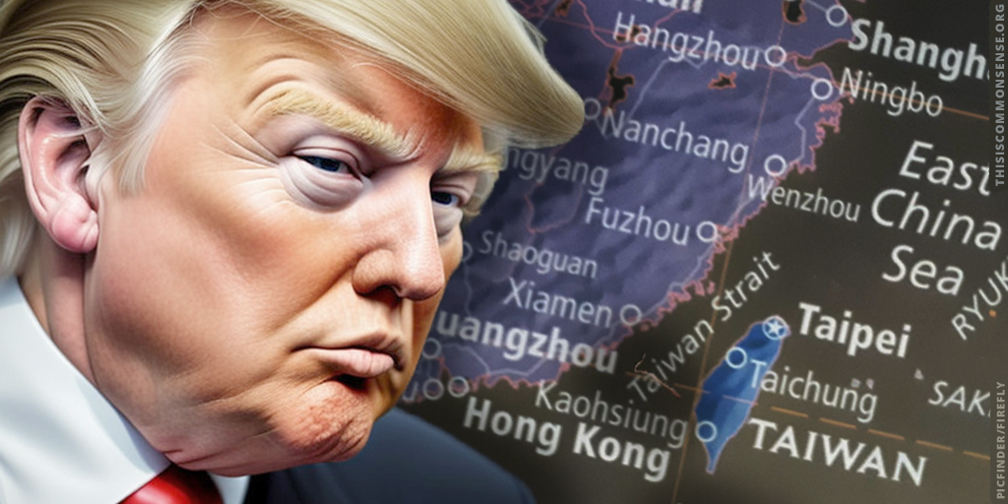The Chinese Communist Party has presided — is presiding — over the largest peacetime military buildup in history.
And China’s “wolf warrior” diplomats constantly reflect this fact.
Earlier this month, during a parliamentary session, Japan’s new Prime Minister Sanae Takaichi was pressed by an opposition lawmaker on scenarios that could trigger the clause in Japan’s constitution concerning “survival-threatening situations,” thus allowing collective self-defense. Takaichi explicitly stated that Chinese military action against Taiwan — such as a naval blockade, invasion, or interference with U.S. forces — could qualify.
No “strategic ambiguity” there!
But as scandalous as Takaichi’s answers were to the Communist Party in China, it was the response of Xue Jian, consul general of the People’s Republic of China, in Osaka, Japan, that raised more than eyebrows: “I have no choice but to cut off that filthy head that barged in without hesitation — are you ready?” This was followed by a red emoji, an angry icon.
It has since been deleted.
Last Friday, lawmakers from both Takaichi’s party and Komeito (a centrist, socially conservative party) demanded Xue’s immediate recall; a petition with more than 50,000 signatures circulated online.
But Takaichi herself is under pressure to apologize.
I agree with the Scribbler’s take over at StopTheCCP.org: “It would be disappointing if instead of ‘muddling through,’ the Japanese government as led by its new prime minister, Sanae Takaichi, submitted to China’s malicious demands and formally retracted her very reasonable statement about Taiwan.”
The only apologies should come from the CCP’s Osaka Decapitator.
This is Common Sense. I’m Paul Jacob.
Illustration created with Krea and Firefly
See all recent commentary
(simplified and organized)
See recent popular posts
